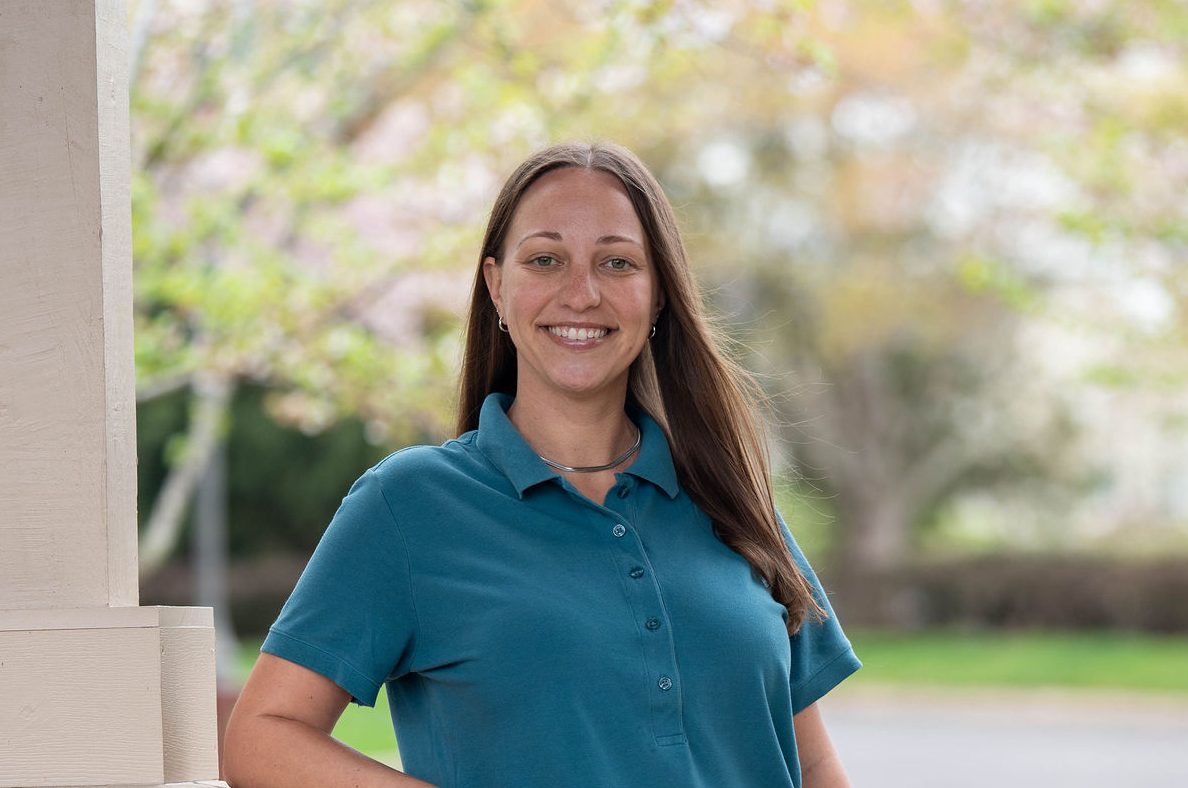The State of Georgia State Implementation Plan (SIP) Startup, Shutdown, and Malfunction Policy Disapproval
Posted: December 14th, 2022
Authors: Madison J.
Introduction
In early 2013, the United States Environmental Protection Agency (U.S. EPA) reviewed each State Implementation Plan (SIP) policy regarding excess emissions during startup, shutdown, and malfunction (SSM) events. The goal was to determine if the SIP portions dealing with excess emissions during SSM events complied with the Clean Air Act (CAA). According to 42 U.S. Code §7410(k)(5), when the EPA finds that SIPs are substantially inadequate to attain or maintain a national ambient air quality standard, the U.S. EPA can call for SIP revisions, referred to as a SIP call.
On June 12, 2015, the U.S. EPA issued a SIP call identifying substantial inadequacy to 36 states, including Georgia. In response, in November 2016, the Georgia Environmental Protection Division (GEPD) submitted revisions to the U.S. EPA. GEPD requested the addition of two new provisions that would allow alternative emissions limitations (AELs) during SSM periods and the option to comply via certain work practice standards. In the proposed decision, published on November 28, 2022, the U.S. EPA proposes disapproving GEPD’s revisions on the basis that they do not correct the deficiencies identified. Comments on the U.S. EPA’s proposed decision are due on or before December 28, 2022. The details of GEPD’s submission and the implications of the disapproval are presented in the following sections.
The Current, Deficient Rule
The current, deficient rule is Georgia Rule 391-3-1-.02(2)(a)7 – Excess Emissions:
- Excess Emissions.
-
- Excess emissions resulting from startup, shutdown, malfunction of any source which occur though ordinary diligence is employed shall be allowed provided that (I) the best operational practices to minimize emissions are adhered to, and (II) all associated air pollution control equipment is operated in a manner consistent with good air pollution control practice for minimizing emissions and (III) the duration of excess emissions is minimized.
- Excess emissions which are caused entirely or in part by poor maintenance, poor operation, or any other equipment or process failure which may reasonably be prevented during startup, shutdown or malfunction are prohibited and are violations of this Chapter (391-3-1).
- The provisions of this paragraph 7. shall apply only to those sources which are not subject to any requirement under section (8) of this Rule (i.e. Rule 391-3-1-.02) or any requirement of 40 CFR, Part 60, as amended concerning New Source Performance Standards.
The Proposed, Disapproved Rules
To address the SIP deficiencies, GEPD proposed to:
- Add two new provisions, Georgia Rule 391-3-1-.02(2)(a)11 – Startup and Shutdown Emissions for SIP-Approved Rules and Rule 391-3-1-.02(2)(a)12 – Malfunction Emissions;
- Allow AELs during SSM periods and the option to comply via certain work practice standards [via the two new, proposed provisions]; and
- Replace Georgia Rule 391-3-1-.02(2)(a)7 – Excess Emissions with the two new provisions.
The full rules can be found on the State of Georgia’s Rules and Regulations website. The U.S. EPA found Georgia’s propositions to be deficient for several reasons:
- The provisions allow alternative work practice standards instead of emissions limits, and EPA found that the provisions do not reflect EPA’s “seven specific criteria for developing alternative emissions limits that apply during startup and shutdown” that were issued as part of the 2015 SSM SIP Action.
- U.S. EPA found that the provisions are not specific enough, meaning there are not requirements for certain source categories.
- U.S. EPA found that some of the provisions are difficult or impractical to enforce.
- U.S. EPA requires emissions limits to apply at all times and found that the new provisions allow for exemptions in certain circumstances.
The Implications
U.S. EPA is accepting comments only on the November 2016 submittal disapproval and whether it addresses the 2015 SSM SIP Call and CAA requirements. If the disapproval is finalized, U.S. EPA must promulgate a federal implementation plan (FIP) within 2 years of the finalized disapproval. A FIP may be avoided if EPA approves a SIP revision from GEPD that corrects the deficiencies within the 24-month period.
If you have any questions about the Georgia’s SSM SIP, the U.S. EPA’s disapproval, or submitting comments, please contact Madison Jones, Consulting Engineer, at mjones@all4inc.com or 678.293.9435. Additionally, if you would like more info on EPA’s SSM SIP policy, refer to ALL4’ article, U.S. EPA Reverses 2015 SSM SIP Policy.

